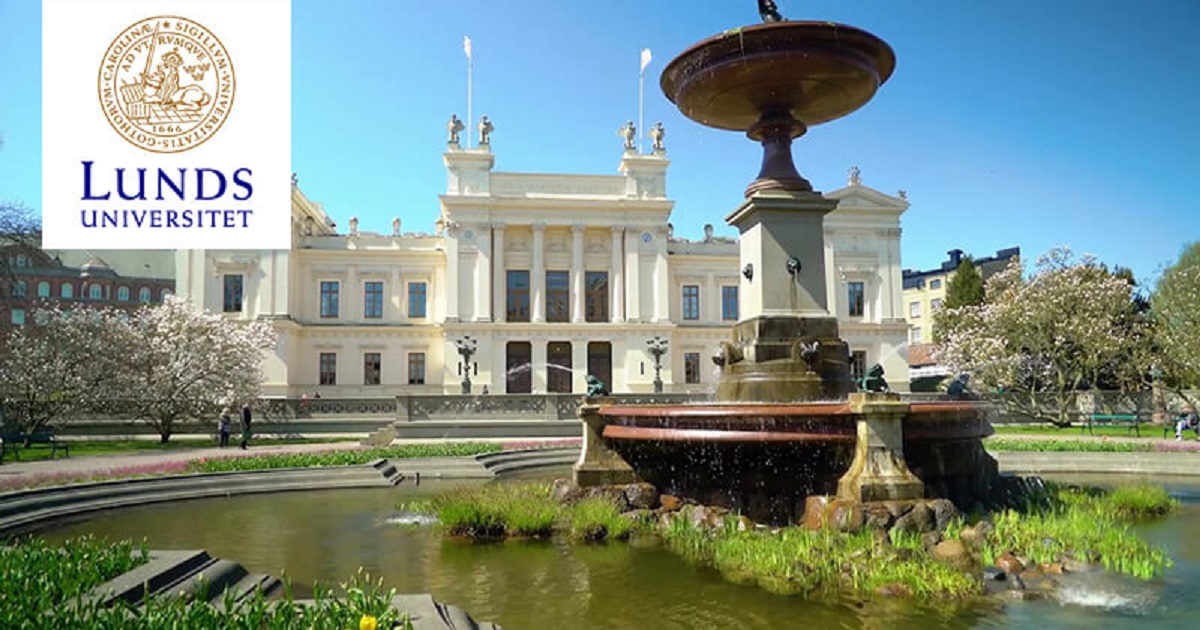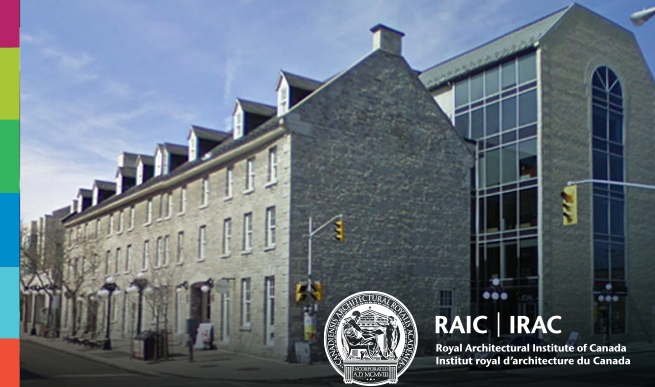
Lund University was founded in 1666 and is repeatedly ranked among the world’s top 100 universities. The University has around 46 000 students and more than 8 000 staff based in Lund, Helsingborg and Malmö. We are united in our efforts to understand, explain and improve our world and the human condition.
Lund University welcomes applicants with diverse backgrounds and experiences. We regard gender equality and diversity as a strength and an asset.
Workplace description/subject area
The position is based at the Division of History of Ideas and Sciences, which is a part of the Department of Arts and Cultural Sciences. The division offers first-cycle study programmes and courses up to a Bachelor’s degree, second-cycle study programmes and courses as part of the Master’s degree in Historical Studies (in collaboration with the Department of History), and the doctoral degree in History of Ideas and Sciences, which works closely with the National Graduate School of History. The graduate school is led by the Department of History and includes five other Swedish universities.
The history of ideas and sciences at Lund has a relatively broad research profile. There is an established tradition of research in the history of philosophy at the department, and a more recent emphasis on conceptual history. Furthermore, we also focus on periods further back in history, mainly connected to the broader field of “early modern studies”. In addition, we have several researchers interested in the history of medicine and in the history of science and technology, as part of the interdisciplinary field “Science and Technology Studies (STS)”. This breadth means that researchers in the division often collaborate with researchers from other subjects and faculties. A few examples are the history of medicine (Faculty of Medicine), legal history (Faculty of Law), astronomy (Faculty of Science) and information technology (Faculty of Engineering, LTH).
Work duties
The professor shall play an active role in all parts of the division’s activities. The professor’s duties include leading and developing research in the history of ideas and sciences, as well as teaching, supervising doctoral students and development work. The professor is expected to take active part in the day-to-day activities of the department, as well as follow societal developments that impact on their work at the University and the faculty and in their work on external engagement.
The professor shall actively develop research at the division. Work duties include initiating and leading research projects within the subject, as well as in collaboration with other subjects and higher education institutions, nationally and internationally.
When required, the professor is also expected to take on qualified management tasks in the department and at the faculty, as well as positions on external boards, councils and committees where experience from research and higher education is required in the name of collaboration.
Required qualifications
A person who has demonstrated both research and teaching expertise shall be qualified for employment as a professor. For appointment as a professor there is a requirement for training in teaching and learning in higher education amounting to at least five weeks or that equivalent knowledge has been acquired in some other way. If there are valid reasons, for example that the applicant has lacked opportunities to acquire the requisite knowledge in his or her former positions, an appointment can still be made. In such cases, the appointee is to complete the required training in teaching and learning in higher education within the first two years of employment.
The applicant must have a PhD in the history of ideas and sciences, or another relevant subject with an equivalent specialisation, as well as documented research in areas relevant to the history of ideas and sciences.
The ability to teach in Swedish and English is a requirement. Should the chosen applicant not have the required skills in Swedish when appointed to the position, the department management will draw up a binding plan with the applicant as to how they will acquire these skills.
Assessment criteria
The assessment criteria for appointment as a professor shall be the degree of the expertise required as a qualification for employment.
- A very high level of research, teaching, administrative and other expertise that is of value in view of the subject matter of the post and the duties that it will involve, as well as the personal skills in general that are important for successfully carrying out the duties.
- A very high level of research qualifications including a very good national and international standing as a researcher. The requirement for international experience shall be assessed with consideration to the character and traditions of the subject.
Demonstrated by:- extensive, documented research contributions and through the applicant having sustained internationally recognised activity of high quality,
- internationally competitive publishing, demonstrating both breadth and depth,
- documented expertise in planning, initiating, leading and developing research,
- documented ability to obtain research grants in competition,
- documented experience and expertise in master’s and doctoral supervision.
- a broad international network and active participation in the national and international research community reflected, for instance, through documented experience of assignments as an expert, editor, peer reviewer (referee) or project manager, by membership in formal networks and various positions in elected office.
- A very high level of teaching expertise, which involves a very good ability to conduct, develop and lead teaching and other educational activities on different levels and using a variety of teaching methods.
- Demonstrated through both experience of the educational activities described above and a reflective attitude to the applicant’s own teaching role.
- A good ability to supervise doctoral students to achieve a PhD.
- A good ability to participate in and develop public engagement and other outreach activities.
- A good general ability to lead and develop activities.
- Demonstrated through documented experience, with positive testimonials and clear results, of leading, coordinating and developing research activities and collaborating with others.
In the assessment, equal consideration is given to teaching expertise and research expertise.
Desirable qualifications in descending order of importance:
- Good, documented experience of research leadership.
- Documented ability to obtain competitive research funding for projects that promote the development of the history of ideas and sciences.
- Good, documented collaboration skills in the local environment.
- Experience of collaborating with researchers from other subjects, both nationally and internationally.
Instructions for the application
The application must conform to the instructions that can be downloaded at
www.ht.lu.se/en/the-faculties/academic-vacancies/instructions-for-applicants. The applicant is responsible for making sure that the application is complete, in accordance with the vacancy announcement and instructions, and for submitting it to the University by the application deadline through the recruitment portal.
The Academic Appointments Board normally selects a shortlist of applicants. This selection can be done in one or several steps and if needed with the help of external experts. The applicants who are selected for external assessment may be invited to submit physical copies of the papers that they wish to submit for expert assessment within 14 days.
The applicants who are invited to trial lectures and interviews might be requested to complete their application with a short plan for the activity that they intend to manage within the framework of the possible employment, with special focus on how to develop the environment and which collaborations they plan to establish or further develop locally, nationally and internationally.
Conditions
The university applies individual salary setting.
About The Joint Faculties of the Humanities and Theology
The Joint Faculties of the Humanities and Theology have eight departments and carries out large and varied work within research and education with the purpose to understand people as cultural and social beings. The faculties have around 700 employees and around 4000 students.
The Department of Arts and Cultural Sciences at Lund University is a diverse department, comprised of thirteen areas of study and research. It employs over 90 people and enrolls annually about 1700 students.
We kindly decline all sales and marketing contacts.
| Type of employment | Permanent position |
|---|---|
| Contract type | Full time |
| First day of employment | 1 September 2023 or by agreement |
| Salary | Monthly salary |
| Number of positions | 1 |
| Full-time equivalent | 100 |
| City | Lund |
| County | Skåne län |
| Country | Sweden |
| Reference number | PA2022/1692 |
| Contact | Gabriella Nilsson, Head of Department, https://www.kultur.lu.se/en/person/GabriellaNilssoSofia Kvarnbo, Faculty Coordinator, https://www.ht.lu.se/en/person/SofiaKvarnbo/ |
| Union representative | OFR/ST:Fackförbundet ST:s kansli, 046-2229362SACO:Saco-s-rådet vid Lunds universitet, 046-2229364 |
| Published | 03.Oct.2022 |
| Last application date | 31.Jan.2023 11:59 PM CET |
![Postdoctoral and Research Opportunities at McGill University [CA]](https://scholaridea.com/wp-content/uploads/2020/06/mcgill-university-30-may-2019-768x402.jpg)

